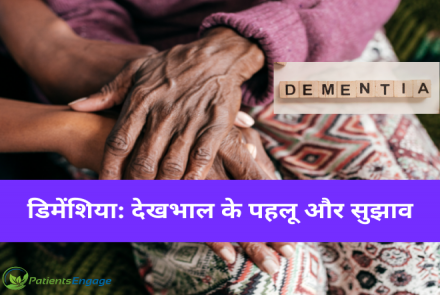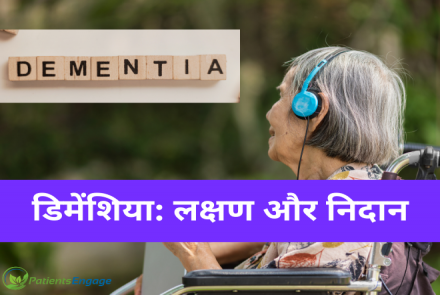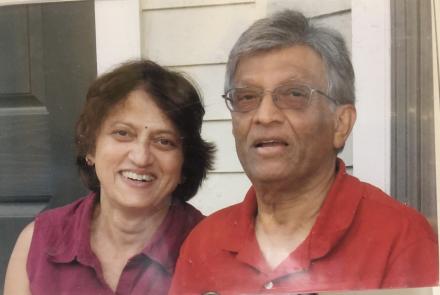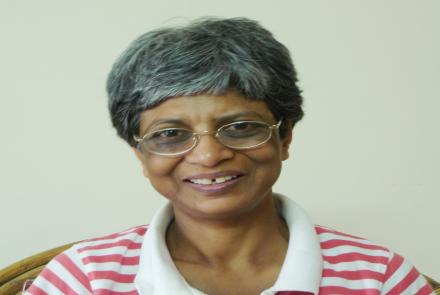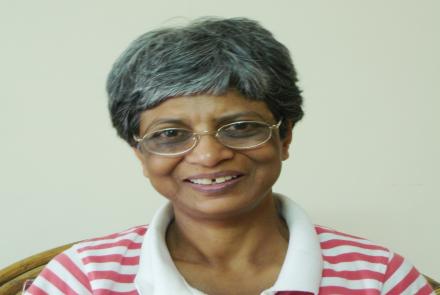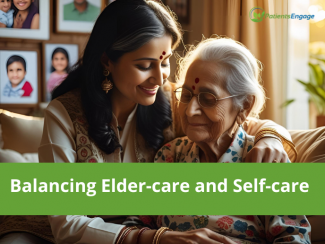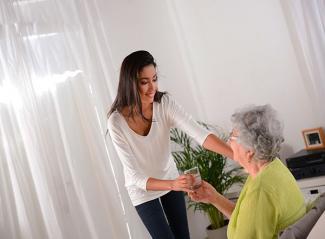
Caregivers of persons with dementia are often unsure how to talk about the loss of a family member or friend. Porrselvi A.P., a cognitive and psychosocial interventions specialist shares tips on how to break the news and how to help the person with dementia deal with the news.
Supporting a person with dementia who is grieving the death of someone close to them cope with the loss is challenging for many caregivers. Often, in the daily grind of caring for a person with dementia we forget that loss of cognition does not mean the loss of emotions. Grief is a normal response to loss. It is something that we feel when we lose something or someone, but mourning is the expression of the grief we feel. The mourning process requires cognitive skills to make sense and resolve the sense of loss and grief. A person with dementia either does not completely have the required skill set or may have lost them partially.
A very common technique used by carers is to protect the person with dementia from the truth, especially if the deceased person does not live in the same house. This is a good and easy technique to avoid grief in the person with dementia. But, it must be used only if the dementia is in the advanced stages and/or when the deceased and the person with dementia do not have a close relationship or a pattern of communication (e.g. meeting at the park regularly, call each other once a week or month or once a year (e.g. on their birthday) etc.).
Expression of grief is affected by many factors: the stage and type of the dementia, level of loss of awareness, how close the relationship was with the deceased and how well the person with dementia can express their feelings.
Related Reading: Caregiver's Grief and Healthy Ways to Grieve
Grief may be expressed by a person with dementia as agitation and restlessness. They may have a foreboding sense that something is not right, or a general feeling that someone who is close to them is missing or may feel as if they are unwell. The person may confuse the present loss with an earlier one, which was shocking to them as well. The person may or may not be able to retain the information that the person has died and may continue to refer to them as if they were alive. They may even get confused as to who died.
If possible and required, the person with dementia must be informed that someone close to them has died. This is especially important if the person with dementia has regular contact with the person or has a significant relationship with the deceased. If other people at home are upset about the loss, it is better to tell the person than try to pretend that everything is all right as he or she may notice the cues sadness of others and may get confused. They may even assume it is because of them.
Tips to break the news:
- Find a time of day when the person is at their best and rested, in most cases mornings post-breakfast. The news can wait until the person is calm and does not have to be conveyed immediately.
- It is best if one person is delegated to break the news, preferably the primary caregiver or someone they feel close to.
- Find a quiet comfortable place at home and stay calm.
- Use body language to express your sadness (eg. hold their hand) but don’t overdo it.
- Keep the sentences short.
- Do not give too much information at once.
- Do not use euphemisms such as “passed away” or “gone to a better place” etc.
- Do not rush and be prepared to frequently repeat the information.
After breaking the news:
Support the person with dementia to attend the funeral, especially if it is a close family member or friend who has died. Do not worry - people with dementia tend to behave appropriately at such events. They recall the decorum required of such occasions and can take many cues from the setting and from others. Again, this depends on the type of dementia and level of awareness and hence the caregiver must exercise proper judgement.
Reminiscing is comforting after bereavement and aids the grieving process. Try using photos, videos, objects and sharing stories about the person. This might help the person with dementia to talk about how they feel.
Placing a photo of the deceased with obvious cues like a garland might help orient the person with dementia.
The person with dementia may continue to ask for or about the person. A gentle reminder may work sometimes but often being reminded that the person has died is greatly upsetting. It will be as if they are hearing the news for the first time, with each reminder having the same upsetting effect as it did when you first broke the news.
If the person seems unaware of change and is not distressed, it is okay. Don’t try to force reality on him/her.
Always use the past tense when speaking about the deceased as this will help orientate the person.
Be responsive to the moment, paying attention to the mood of the person and responding appropriately.
If the person seems sad or angry or there is any other unexplained change in behaviour, provide support for these emotions. This can be by sharing your own emotions and thoughts like “I miss him too”, “He used to be so good at making us laugh” etc.
Always look out for signs of depression- like changes in sleep pattern, social withdrawal, restlessness or being too passive etc.
Look for any patterns as to when the person is asking about the person who has died. Is it always early evening or always in the morning? Is it related to a routine that the person shared with the deceased? If you can spot a pattern, then having the distraction in place or fulfilling a routine before the questions start may help.
Mr. K asks for his deceased wife Mrs. L. The response to his question “Where’s L?” could be the blunt truth (“She died last February”) or avoidance (“She might be in the other room”). If regularly responding to their emotions and reminiscence is not working then, as a last resort, try distraction, bearing in mind that this will not help the grief process but may alleviate the stress of the moment. Always be prepared for an upsetting reaction.
Be consistent. It is essential that there is good communication between all family members and professionals about what techniques are being used to manage the bereavement. Everyone involved must react and use the same methods to avoid confusing or upsetting the person.
Most importantly,
Take time to address your own feelings, which is very important, especially if you are the primary caregiver. Do not hesitate to ask for help from others in dealing with either your own grief or the person with dementia’s grief.




